“Back”, but not “BACK!”
Several months ago, there was an Anchorage Daily News article which stated that for restaurants “flat was the new up.” Business owners who responded via email and with whom I talked expressed a similar, but slightly different theme: business is “back”, but it’s not “BACK!” In short, business owners are seeing more traffic than in late 2016/early 2017, but still not back to the highs of 2014 and 2015. Owners told similar stories of being down 30 percent or more in 2016 from their prior year highs, having to let staff go, reorganizing business processes, and focusing on cost cutting and diversifying markets. They’re more confident now than they were a year ago, but their focus has shifted to whether Alaska will “bounce back” or if the current environment is the “new normal”. For many of them, a fear of getting burned again is limiting business investment.
Good Help is Hard to Find
Alaska’s businesses and governments have traditionally struggled with filling skilled and semi-skilled positions. For the skilled workers who are here, the shallow labor means greater opportunities to advance up the ladder. One would think in recession that finding talented employees would be easier, but several employers indicated that it has been harder to find good workers as:
- Baby boomers are retiring and taking their institutional knowledge, skills, and talents with them
- The loss of one position has sent working couples seeking opportunities outside the state thus leading to two workers leaving the state’s economy
- Workers in general who have survived layoffs are reticent to leave “known” positions for “unknown” opportunities
- The siren song of opportunity, perceived greater stability, and lower cost of living in the Lower 48 is contributing to net emigration
Curse You Lower 48. Long-live the Lower 48!
The strong Lower 48 economy is certainly contributing to net emigration, but it’s creating opportunities for business and communities that focus on serving the Lower 48 either through products or services. Communities whose tax revenues come from Lower 48-driven sales/hotel/meal/activity taxes have budgets which are faring relatively better than communities who generate revenue from local spending (Cheers to you SE AK!)
Home Sweet Home
I stepped out my front door the other day to retrieve the mail and a cluster of FOR SALE signs popped up overnight like a group of late spring dandelions. Between May and June, I asked realtors whom I bumped into to give me their take on the Anchorage housing market. My takeaway: housing is intensely local and sub-local. The broad-brush strokes for Anchorage which says that the number of homes for sale is up, overall sales volume is flat or slightly down, and prices are largely stable belies the underlying truth the housing market is made up of a bunch of smaller markets. The “median home” market in Anchorage is solid and relatively quick-moving. Chugiak, Eagle River, and the Valley markets are also solid. Homes on the Anchorage Hillside are moving, but with price discounts. There’s an underlying expectation that more price cuts are to come as sellers in softer markets start to capitulate and recent mortgage rate increases, up 1 percentage point over the last year, start to take their toll on buyer purchasing power. In Juneau, volume and days on the market are up while prices are down slightly. Fairbanks is doing well with F-35 related construction and more resource related activity.
Frustration!
The common thread through nearly all the reader emails sent to me was frustration whether explicit or implicit. It’s been a long 3.5 years since it became apparent the oil prices were going to drop from the highs that had propped up the state’s economy for so long. There’s an uncertainty about the state’s future and more so about our own ability adapt to changing circumstances. Readers and business owners expressed a common (and deep) lack of confidence in our elected institutions and in the state’s long-term future. With state spending stabilized and resource industry spending increasing year-over-year, I wonder if confidence is the missing ingredient in really stabilizing Alaska’s economy. Our key drivers are no longer in freefall and have rebounded from their lows, but our situation is still tenuous, and our easily accessed reserves have been spent. A return to $40 oil right now would be disastrous for the state. Could the fear of that shoe dropping be holding us back or, is a lack of confidence the more prudent business position? “Yes” could be the answer to both questions.
Jonathan’s Takeaway: Jonathan loves receiving emails from you (askjonathan@apcm.net). He greatly enjoys the messages which provide an alternative point of view or push him to look at an issue from through a different lens.
Jonathan King is a consulting economist and Certified Professional Coach. His firm, Halcyon Consulting, is dedicated to helping clients reach their goals through accountability, integrity, and personal growth. Jonathan has 21 years of social science consulting experience including 15 years in Alaska. The comments in this blog do not necessarily represent the view of employers and clients past or present and are Jonathan’s alone. Suggested blog topics, constructive feedback, and comments are desired at askjonathan@apcm.net.
6/20/18






